14 April 2025
When it comes to gaming, it’s hard not to feel a pang of nostalgia for those classics we all grew up with. Do you ever think about that first game you played on your childhood console or PC? Maybe it was an 8-bit adventure that felt like the pinnacle of technological achievement. Or perhaps it was an early 3D game that wowed you with its blocky, somewhat clunky world. Either way, these games shaped not only the gaming industry but also the memories of millions of players around the world.
But here's the problem: time isn’t kind to technology. Consoles die, cartridges stop working, and old disks now just gather dust on shelves. That’s where game preservation swoops in like a caped hero. And, believe it or not, open platforms like the PC are central to keeping these nostalgic gems alive and kicking. Let’s take a deep dive into why game preservation matters, how open platforms contribute to it, and why we gamers should care.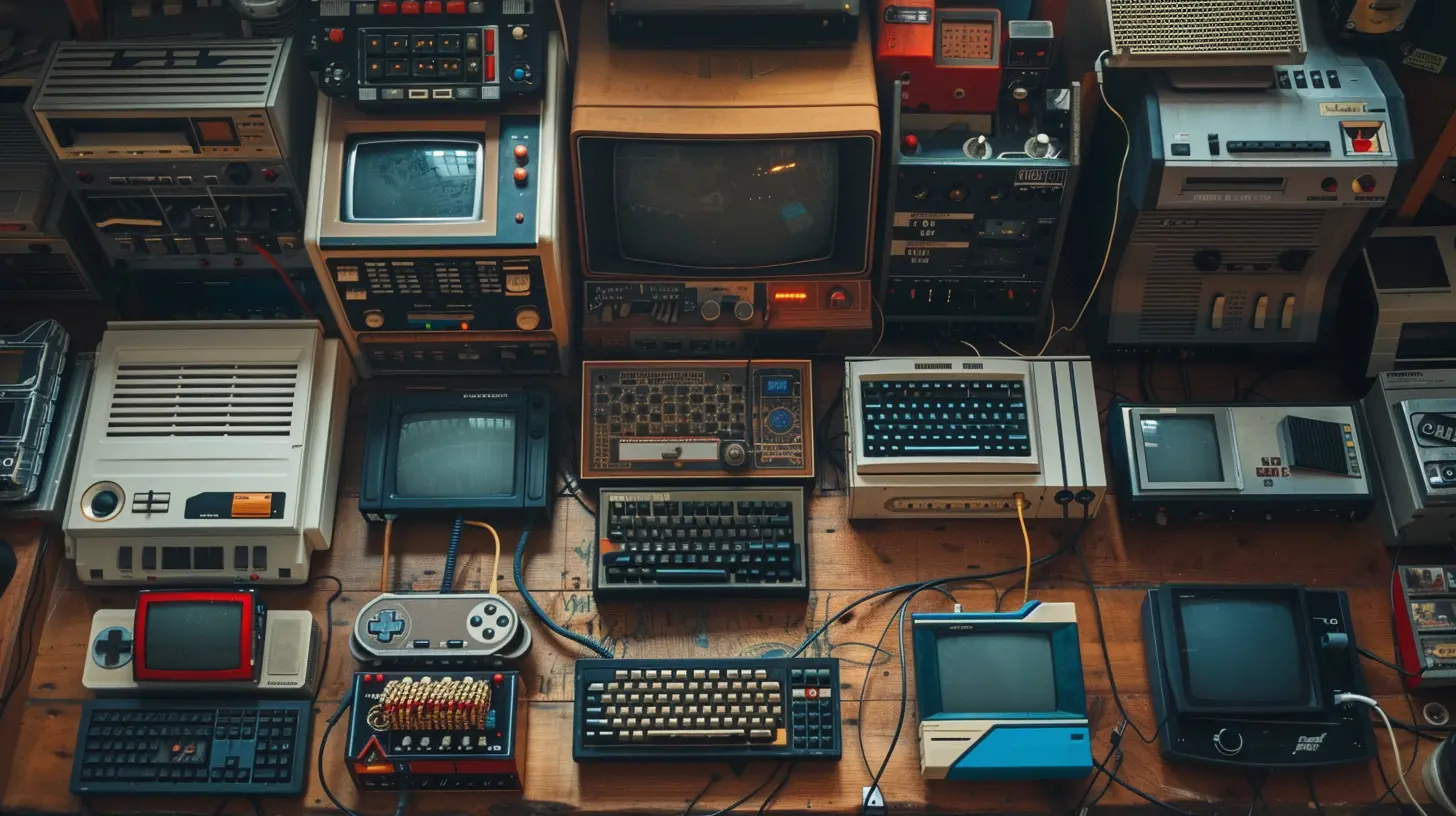
Why Game Preservation Matters
Digital Artifacts of Our Time
Games are more than just "entertainment"—they're a creative and cultural expression of the era they were born in. Just like books, movies, or music, games tell stories, reflect societal values, and showcase the evolution of technology. Ignoring their preservation is like tossing pieces of history into the trash bin.Take “Super Mario Bros.” from 1985, for example. It wasn’t just a fun platformer; it was a groundbreaking moment in game design. It defined what video games could be. If classics like that vanish, future generations lose the chance to understand how gaming evolved into the industry juggernaut it is today.
A Problem of Access
Unlike physical books or films stored in libraries, video games face unique challenges. They are tied to fragile hardware that becomes obsolete in just a few years. Remember your PlayStation 1 or Sega Genesis? Good luck firing those up without the right cords, a compatible TV, or a ton of luck in finding working parts. Without preservation efforts, these classics could become unplayable, locked away forever behind outdated tech.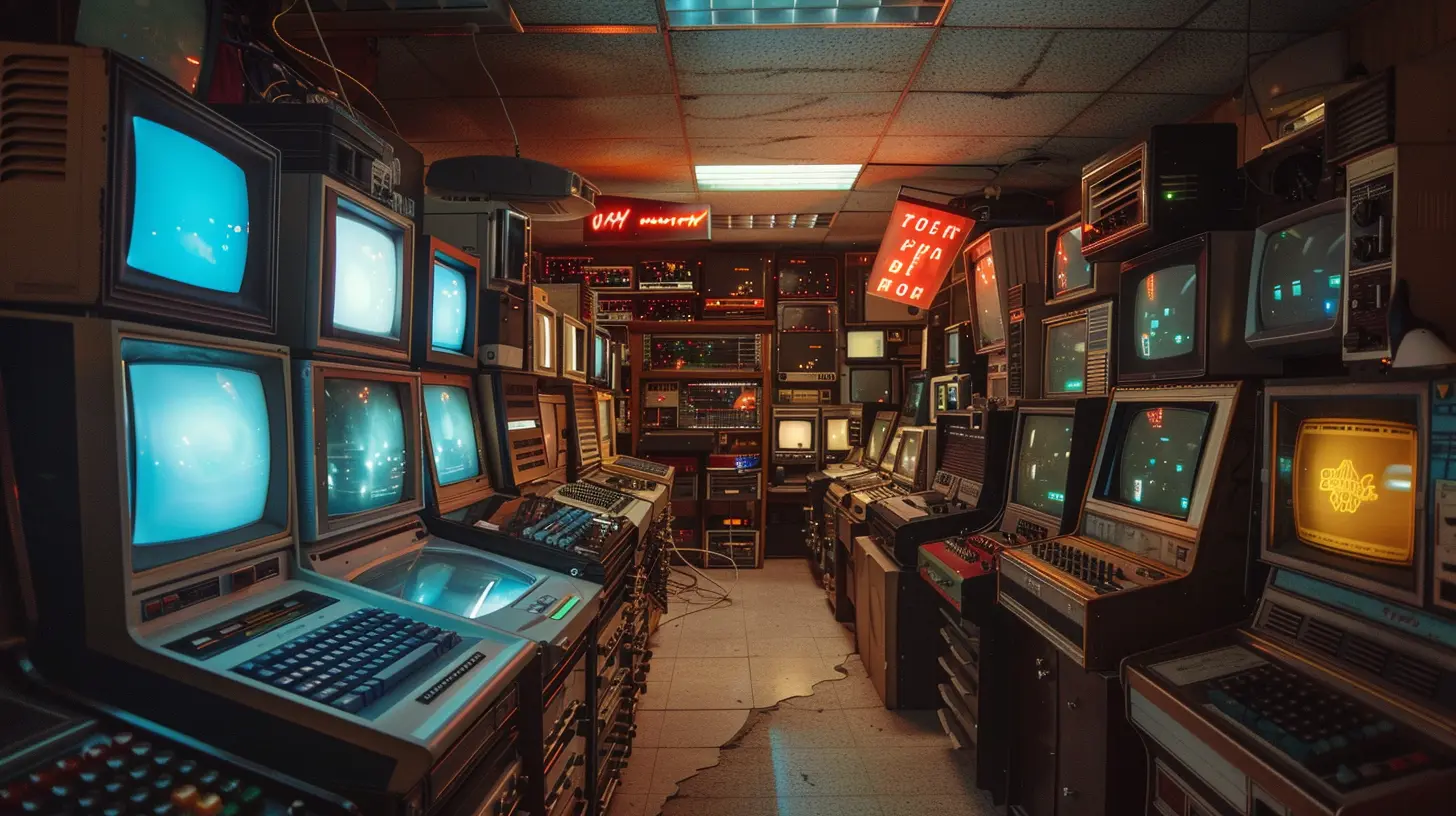
PCs: The Unsung Heroes of Game Preservation
Open platforms like the PC are the MVPs when it comes to game preservation, and here’s why:The Power of Open Platforms
Unlike consoles, which are locked down ecosystems, the PC is an open platform, meaning anyone can develop, modify, or adapt software for it. This flexibility has made the PC a haven for game preservation projects. Emulators, software that mimics older hardware, thrive on PCs because of this openness. Want to replay an NES game from 1987 without shelling out hundreds on eBay for the console and cartridges? Thanks to emulators and ROMs, you can.Of course, it’s worth addressing the elephant in the room—legality. While emulation itself isn’t necessarily illegal, the distribution of ROMs (game files) often falls into murky legal territory. Still, this doesn’t negate the fact that emulation has been a key factor in reviving countless games that would otherwise be unavailable.
Backward Compatibility
PCs also have a major advantage over consoles when it comes to backward compatibility. Think about it: your gaming PC from 2023 can likely run a game from the early 2000s with little to no fuss. Meanwhile, try playing your old PS2 games on a PS5. Spoiler alert: most of them won’t work unless they've been re-released. Heck, even some PS4 games struggle to keep up!This ability for PCs to adapt to older software is a massive reason why they’ve become ground zero for keeping retro games alive.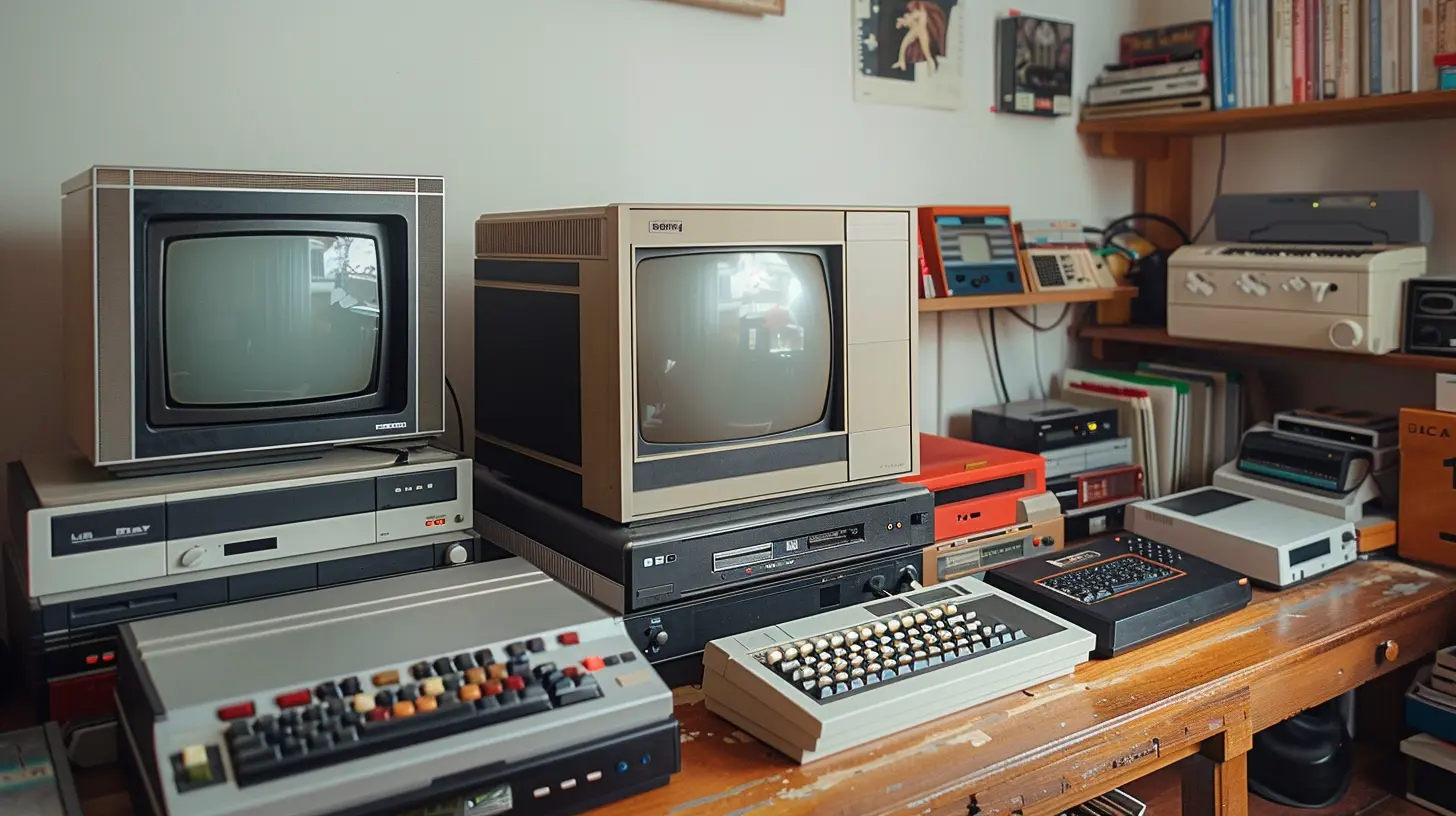
Emulation: The Double-Edged Sword
Speaking of emulation, it’s one of the hottest topics in the world of game preservation. Some argue it’s piracy, plain and simple. Others see it as a necessary tool to preserve classics that would otherwise fade into obscurity. So, where’s the middle ground?Why Emulation Is Crucial
Hardware failure is inevitable. Console generations don’t last forever, and neither do their physical media. Emulation sidesteps these challenges by translating old software into something newer machines can understand. And here’s the kicker: many games that were never re-released on modern platforms rely entirely on emulation to be playable today. Without it, we’d already have lost a huge part of gaming history.Legal Woes & Industry Involvement
Despite its importance, emulation often tangles with legal issues. While some companies embrace it (Nintendo’s Virtual Console, for example), others actively fight it. Yet, the industry’s attitude toward emulation may be shifting. Microsoft, for example, has been proactive with backward compatibility on its Xbox platforms, a nod to the importance of keeping older titles accessible.But can we really count on corporations to do the heavy lifting when it comes to preservation? They may revive select titles here and there, but they’re businesses, not historians. Their goal is profit, not archiving.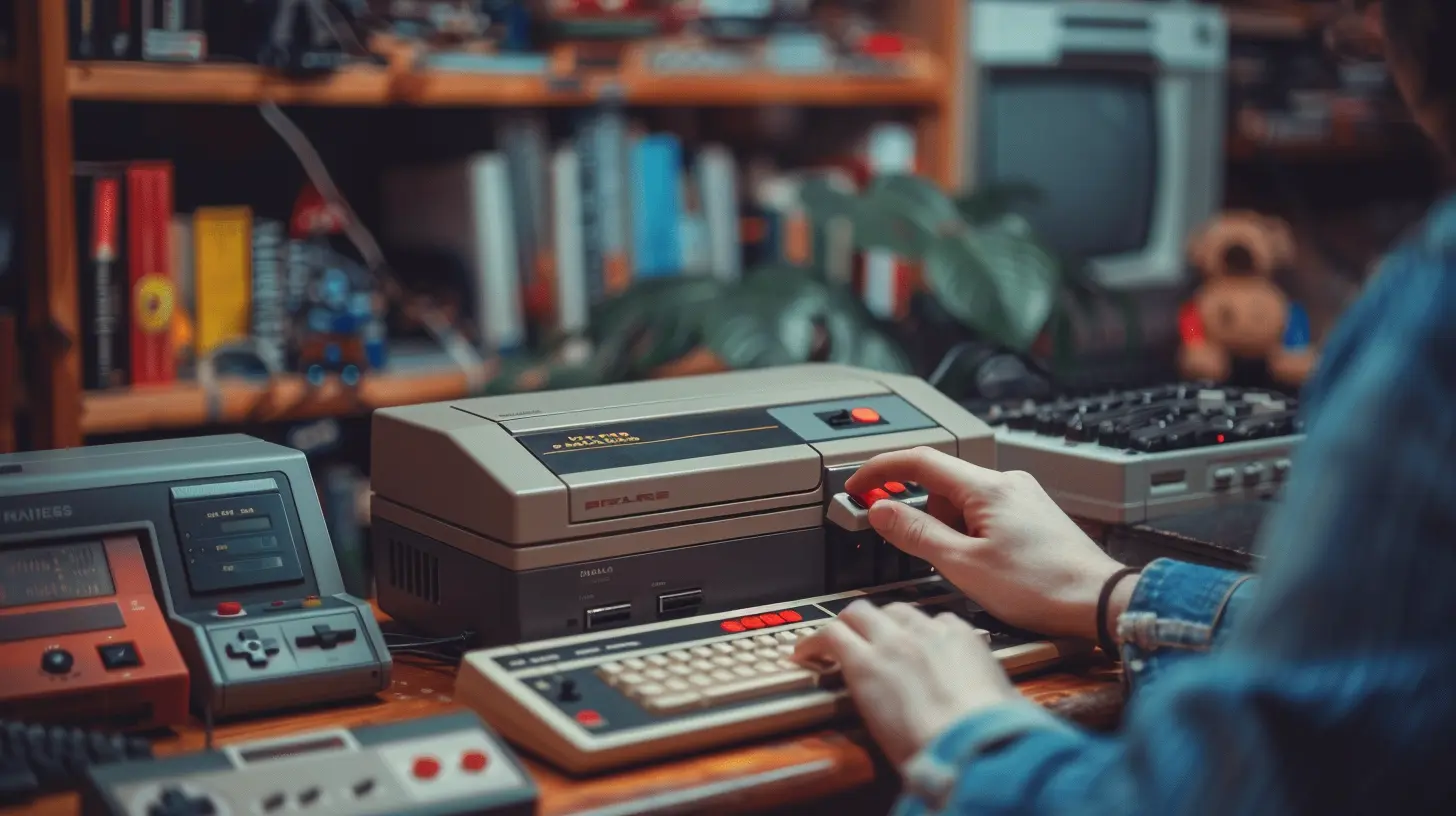
Community Efforts: The Backbone of Game Preservation
When it comes to keeping the classics alive, gamers themselves play a massive role. Communities of dedicated fans often take it upon themselves to save games from extinction.Fan Projects and Mods
Ever heard of a fan-made restoration? Sometimes, the gaming community steps in where companies fall short. Look at the “KOTOR II Restored Content Mod.” Fans of “Star Wars: Knights of the Old Republic II” added back tons of content that was cut before the original release. Without open platforms like the PC, these fan projects wouldn’t even be possible.Similarly, games that no longer exist in an officially supported capacity sometimes find new life through fan servers or community mods. For example, when “World of Warcraft Classic” launched, it was partly due to the game's community passionately preserving unofficial legacy servers.
Online Archives
Websites and organizations also play a major role. Projects like Internet Archive allow users to upload old games, manuals, and promotional materials, effectively creating a digital library for future generations. Many of these efforts rely on the PC's open nature to make classic titles accessible, ensuring they won’t simply fade into the ether.Corporate Role vs. Community Responsibility
So, who’s really in charge of preserving games: corporate developers or the gaming community? Truthfully, it’s a bit of both.Game Companies and Re-Releases
It’s not all bad news. Some companies are stepping up their preservation game. Nintendo regularly re-releases its older titles on modern consoles, albeit often at premium prices. Collections like “The Master Chief Collection” from Xbox are excellent examples of preserving legacy content while still making it profitable.Community Vigilance
However, most preservation efforts still fall on the shoulders of players and independent organizations. Open platforms like the PC give the community the tools to step in and save games before it’s too late.What Can You Do as a Gamer?
We might not all have the technical skills to create emulators or restore old classics, but that doesn’t mean we’re powerless. Support companies that prioritize preservation. Advocate for better backward compatibility on modern systems. And yes, if you’re nostalgic for a long-lost game, don’t feel guilty about seeking out an emulated version—especially if there’s no legal way to obtain it. History belongs to all of us.The Future of Game Preservation
With the rise of cloud gaming and digital-only releases, preserving games is becoming even more complicated. When servers shut down, entire games sometimes disappear overnight. Think about it: if Steam or another platform ever goes offline, what happens to your library?The hope is that with enough community effort and industry buy-in, the importance of game preservation will remain in the spotlight. Until then, it’s up to open platforms like the PC and the gamers who use them to keep the classics alive.
Final Thoughts
Game preservation isn’t just a niche interest anymore—it’s essential for both the gaming industry and its fans. Open platforms like the PC are at the forefront of this fight, offering the flexibility and tools needed to ensure our favorite classics don’t get relegated to history’s recycle bin. Whether it’s emulators, fan mods, or community-driven efforts, these tools bring a little piece of gaming history into the present, ensuring it’s ready for future generations.So, the next time you boot up an old PC game or dive into a modded classic, remember—you’re playing a part in keeping gaming’s past alive. And honestly, that’s pretty darn cool.

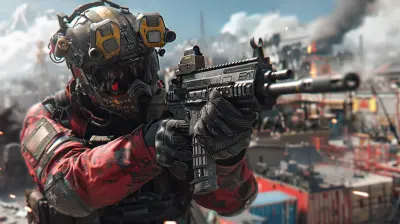
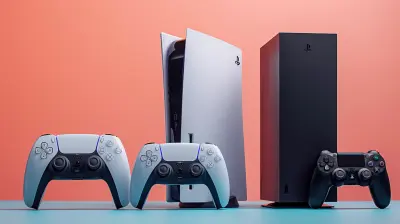

Wesley Sanders
In digital realms where pixels dance, Open platforms breathe new life, a chance. Old classics bloom in vibrant light, Preserved through passion, igniting delight. With every keystroke, stories revive, In unity, the past shall thrive. Game on, and let nostalgia drive!
April 17, 2025 at 4:05 PM